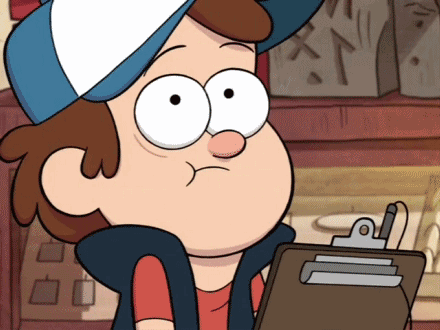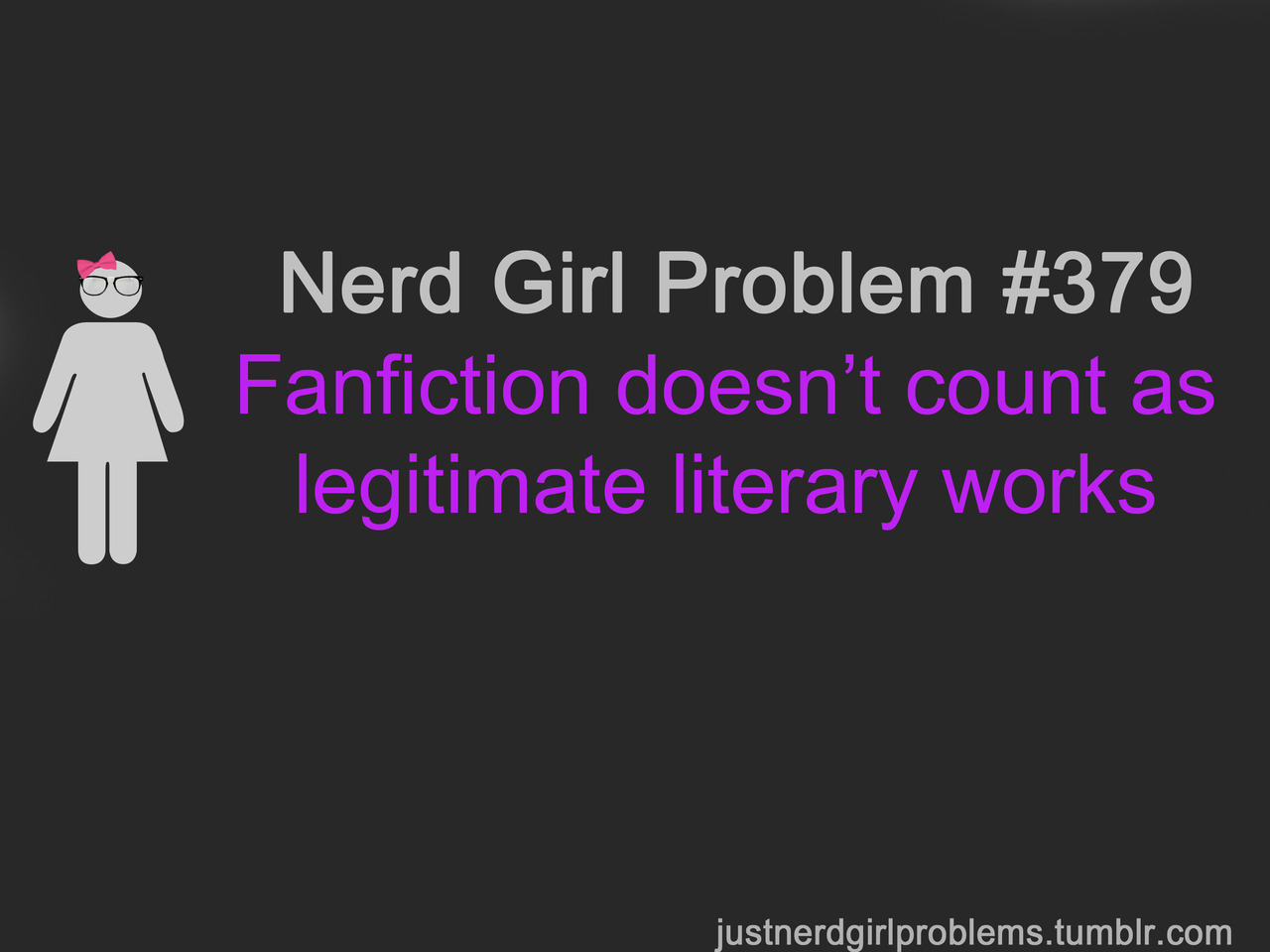I don’t know about you, but I almost always write my stories from the audience’s point of view. Not as in, I write everything while thinking about what my readers will say or how they’ll react, no, no! I mean that I put myself in the passenger seat so that I can imagine what it would be like to read this story if it were not my own. For example, I’ve been writing fanfiction for the television series Teen Titians for years now, mainly because it is so easy for me to remove myself from that. As soon as I write an opening scene for an episode, I imagine the theme song being cued up by some sort of mini cliffhanger/hook that will be resolved as soon as the song ends. Then I see an action scene where each of the Titans fights off the villain of the week both as individuals and as a team. Once the battle is resolved, we’ll follow how it affected one particular character or the lack of affect on the character. And so on, and so on, etc, etc. The story practically flows across the page by itself.
The main danger of this far removed writing strategy is getting bored. That moment when your heart’s just not in the story and you start to wonder if said story is really worth writing at all. Would I have flipped the channel on this episode if it were on TV? Would it be gathering dust on my bookshelf right now? Would I simply put if back on the shelf at the comic book store?
My first instinct here is always to close my Word Document window and head to Pinterest. But what if these thoughts on my writing are actually true? What if I find writing this story boring because it actually is just that?
I’ve found that getting up from the audience chair and back to my writing desk is actually counterproductive at this point. The thing to do is actually to treat this poor story like something that disappointed you as a reader. Because what do us fangirls and geeks of the globe do when we run across horrid writing? We critique it and say things like, “There really should have been more hints about that resolution from the start so it wouldn’t have been so random,” or, “The main problem was that we didn’t get enough time to care about the protagonist.”
Ta-da! Now you totally have the power to make those changes because you are in fact the writer!
Granted, this ability to capture the flow of a story by removing one’s self from it a bit tends to work better for fanficion than original writing. Mainly because we’ve already been the audience for that one fandom and adding to it is a piece of cake.
Writing something original means treating your story like something you just happened to randomly stumble across while flipping channels or browsing the bookstore. You give it a chance, not knowing what to expect and you’re of course very critical of something you have no reason to invest your time in yet.
Scary thought for me, since I can be really critical about new things unless they’re recommended to me by a friend.
One of these days, I’ll get things to flow without having to watch a dozen episodes of some tv show first. Until then, I guess I’ll just go with the flow. TTYL.
(P.S. I learned how to use these GIF things on my blog!)




Yay GIFs!
ReplyDeleteI gotta say, reading about your difficulty with writing is certainly helping me with mine.
Ha, ha! Then my struggle has not been in vain!
Delete